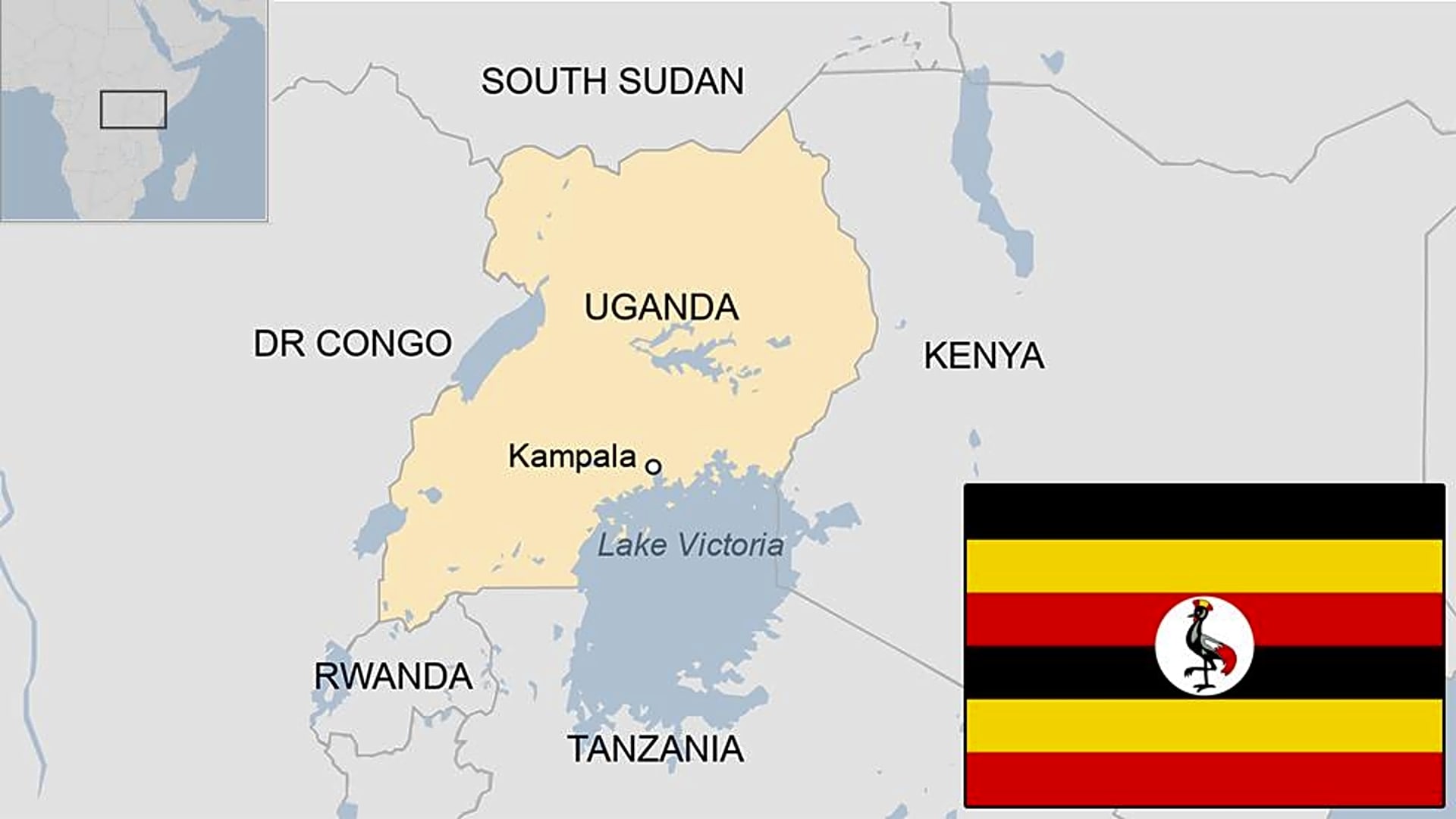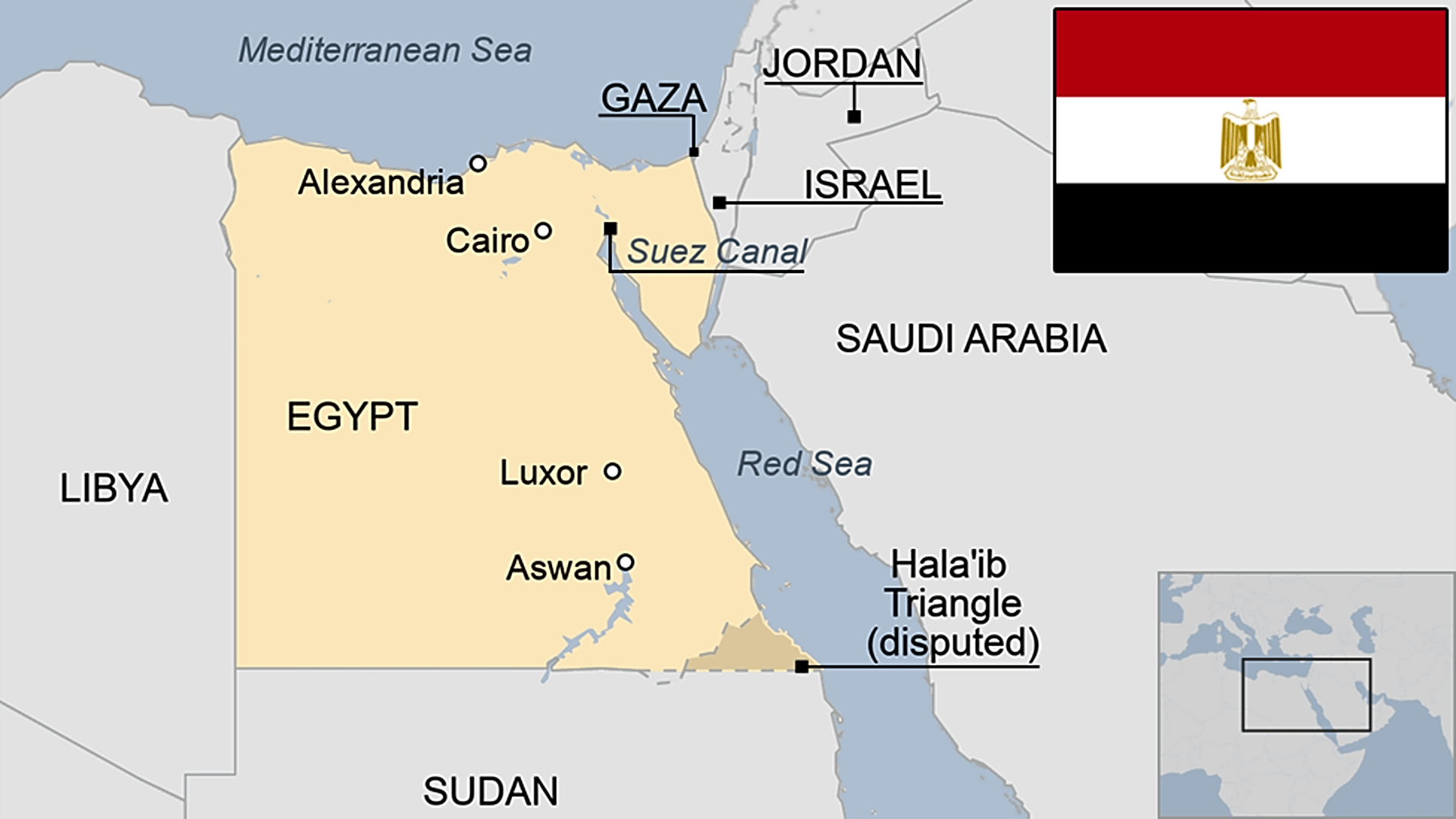The Government has been urged to prioritise immediate interventions to ensure a stable electricity supply to support Ghana’s rollout of the Fifth Generation (5G) mobile broadband services.
The country, having granted a license to Next-Gen Infrastructure Company, is expected to roll out 5G services from the third quarter of 2024 towards a fully digitised society by 2030 and deliver affordable services to users.
In a press release copied to the Ghana News Agency on Monday, June 3, the Africa Centre for Digital Transformation (ACDT) recognised the importance of such network infrastructure to the country.In order to assure the successful deployment of 5G, the Center pointed out that it was built to facilitate high-speed networking for the Internet of Things (IoT), which includes medical devices. It also urged the government to address the power problem.
According to a 2021 study that was published in the European Scientific Journal, a 5G site requires more than 11.5 kilowatts of electricity, which is around 70% more than a base station that uses a combination of 2G, 3G, and 4G radios.It explained this by saying that 5G base stations needed a number of new, “power-hungry” parts, such as multiple input/output antennas, quicker data converters, and microwave or millimeter-wave transceivers.
In light of this, Kwesi Atuahene, Executive Director of ACDT, recommended that the government “focus its immediate efforts on the upgrading and expansion of electricity infrastructure to improve reliability and reduce the frequency of power outages”.
He urged the government to investigate renewable energy options including wind and solar energy to augment conventional hydropower sources and strengthen the grid’s resiliency.
In addition, Kwesi Atuahene demanded that the 5G network infrastructure’s backup power systems be made more capable and effective, with the use of effective generator systems and cutting-edge battery technology.
He pointed out that the present power outages would impair 5G users’ quality of service, leading to decreased data rates, dropped calls, and interrupted communication.
According to the Executive Director of ACDT, this might have an effect on a number of industries that rely on 5G connection, including manufacturing, transportation, and healthcare.
In order to resolve the electricity issue, he urged all parties involved—including governmental bodies, businesses, and Civil Society Organizations (CSOs)—to collaborate.
Before engaging in a discussion about how to unleash the revolutionary potential of 5G telecommunication services for Ghana’s sustainable development, he stressed that this should be completed.


